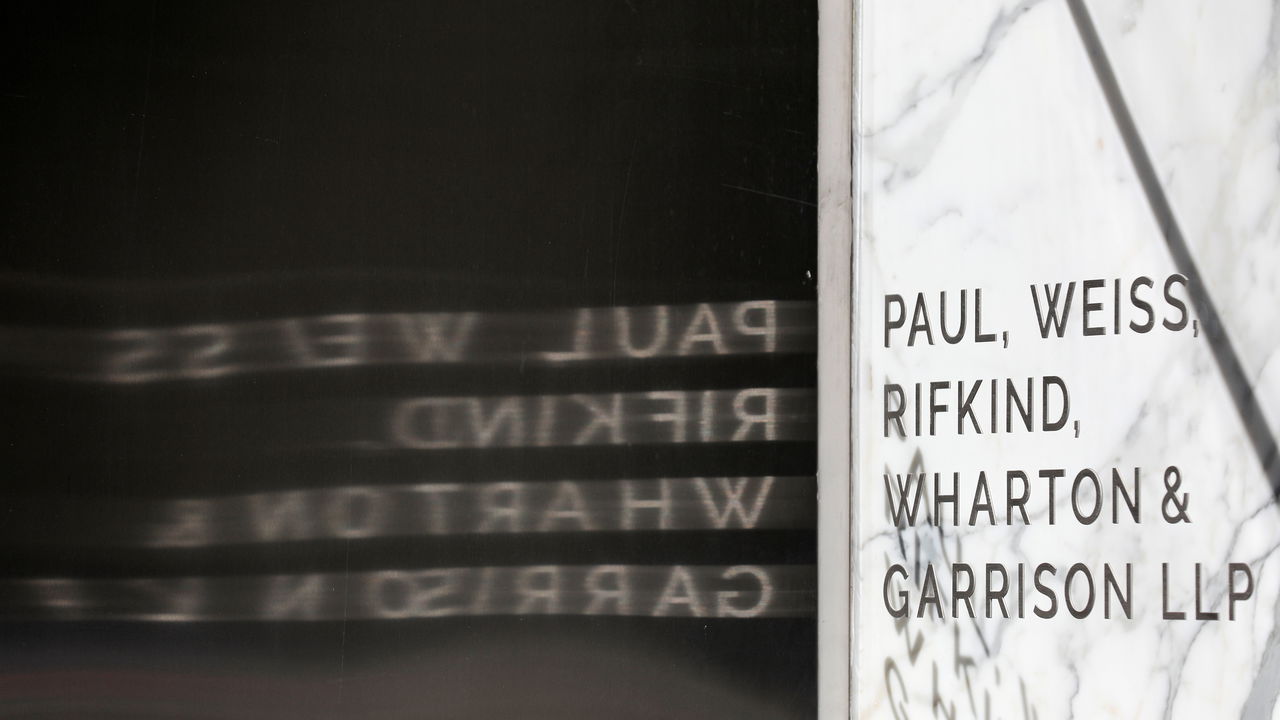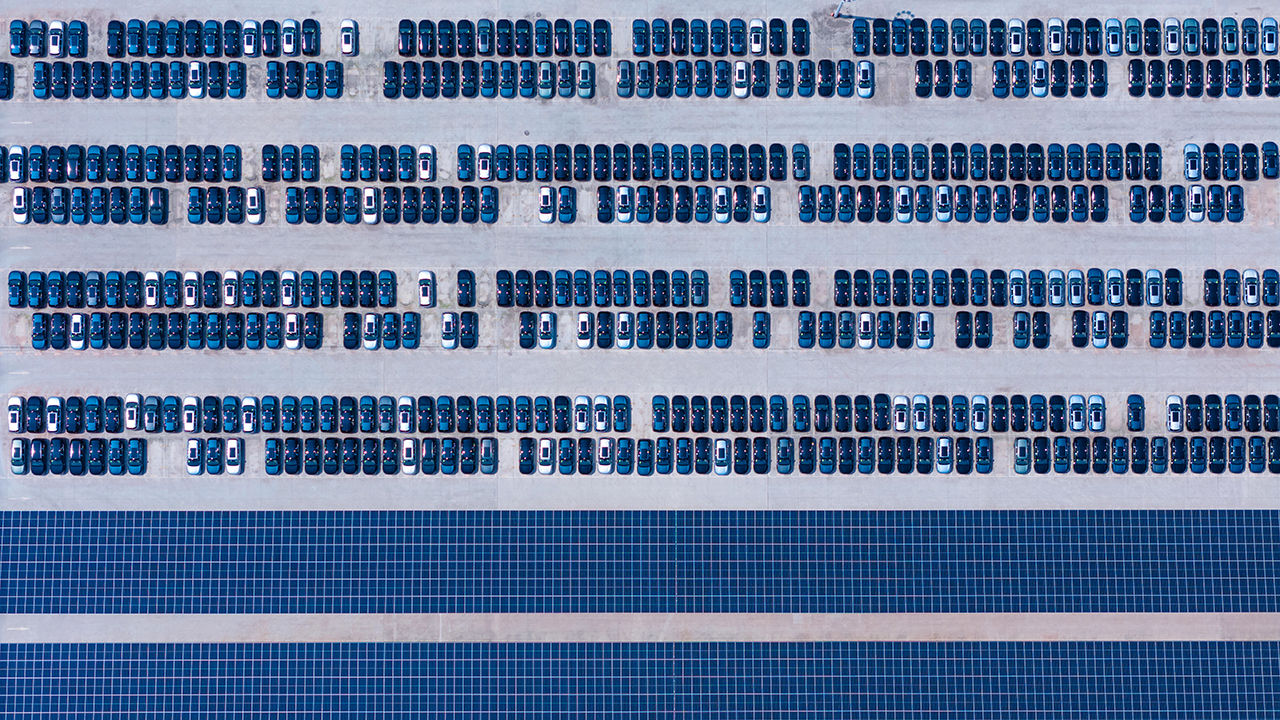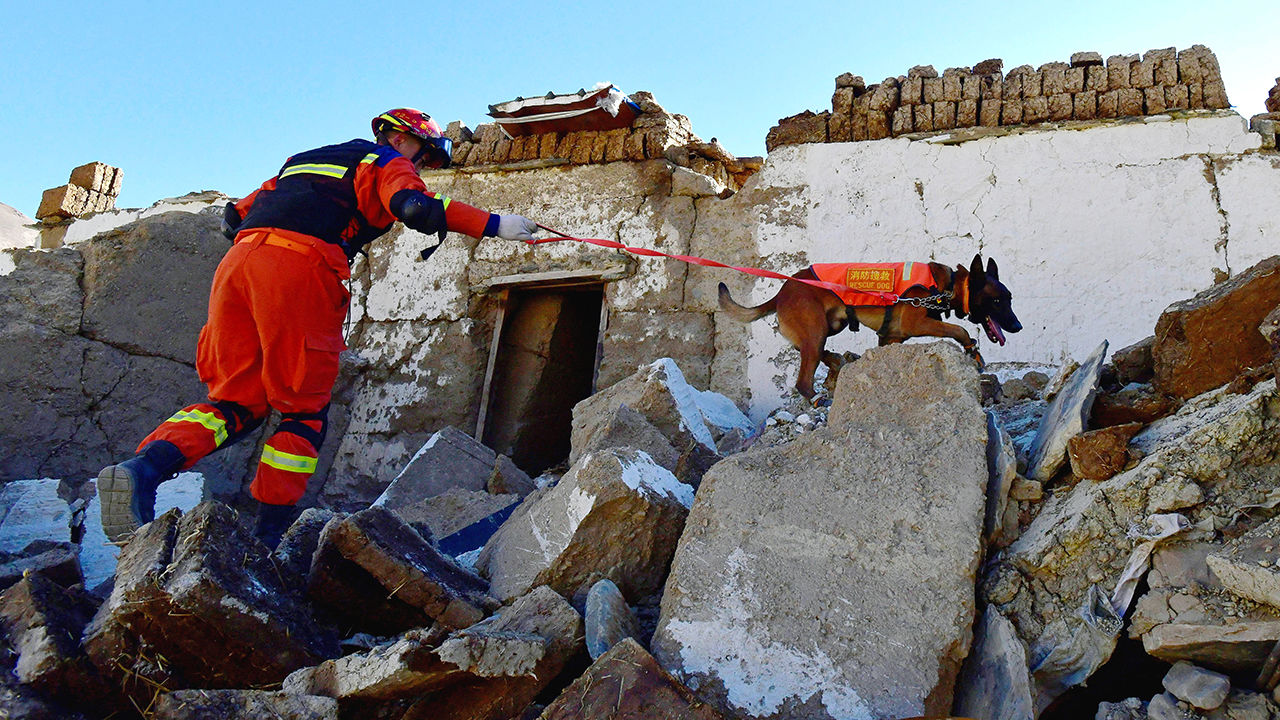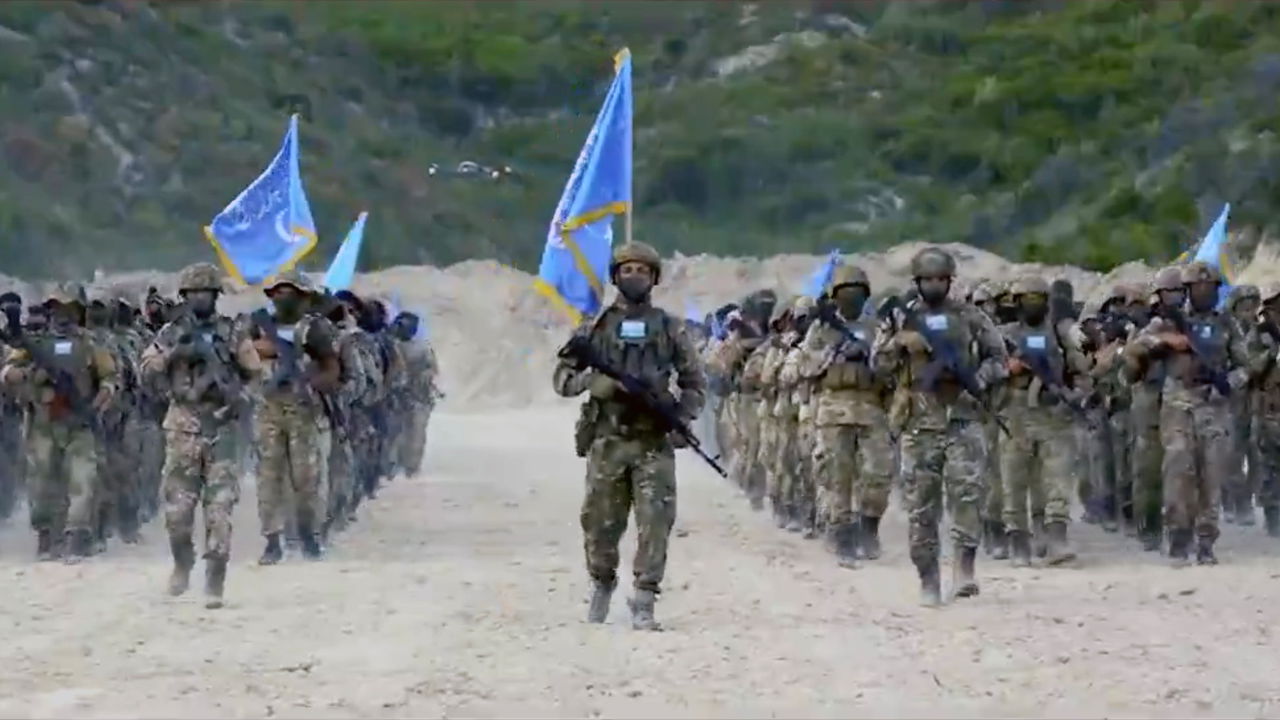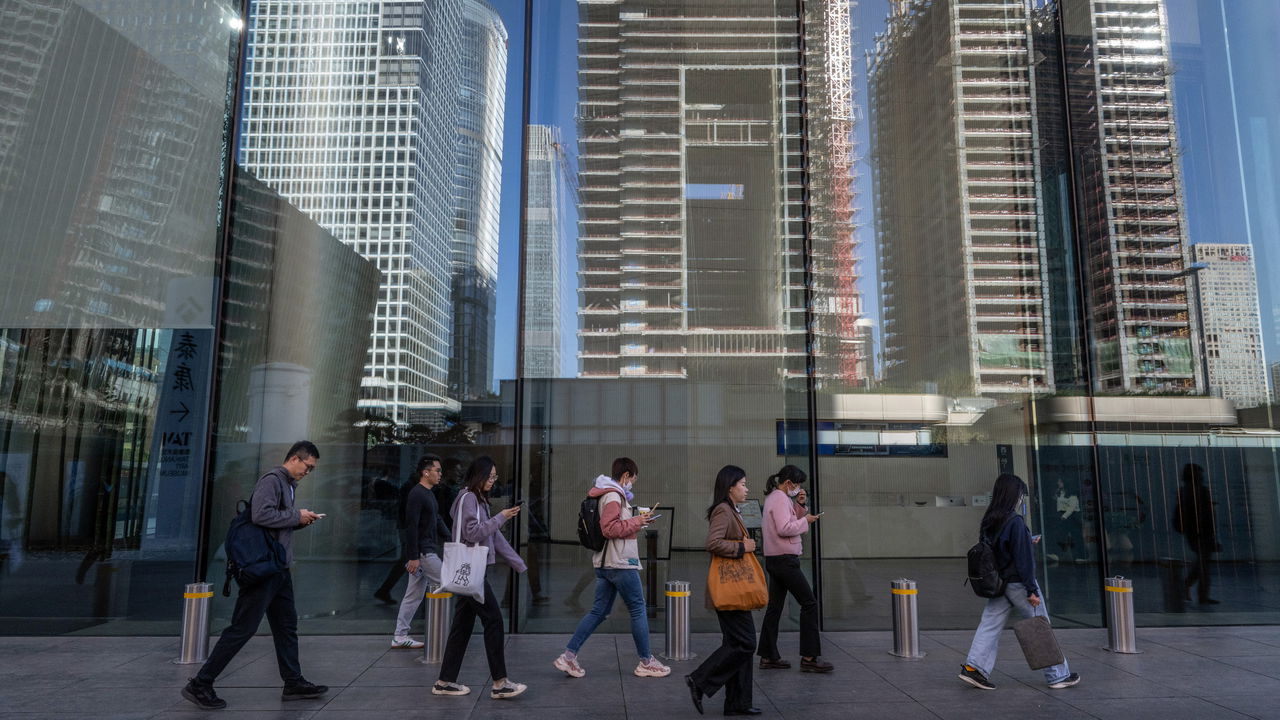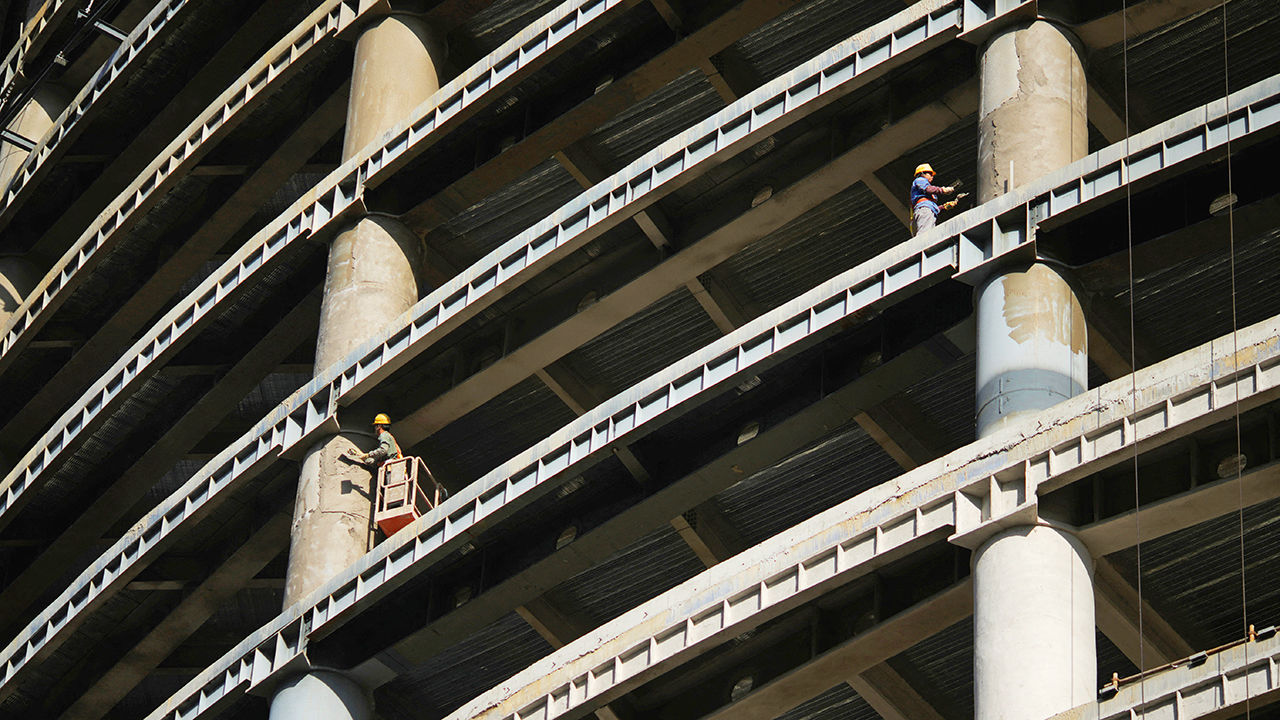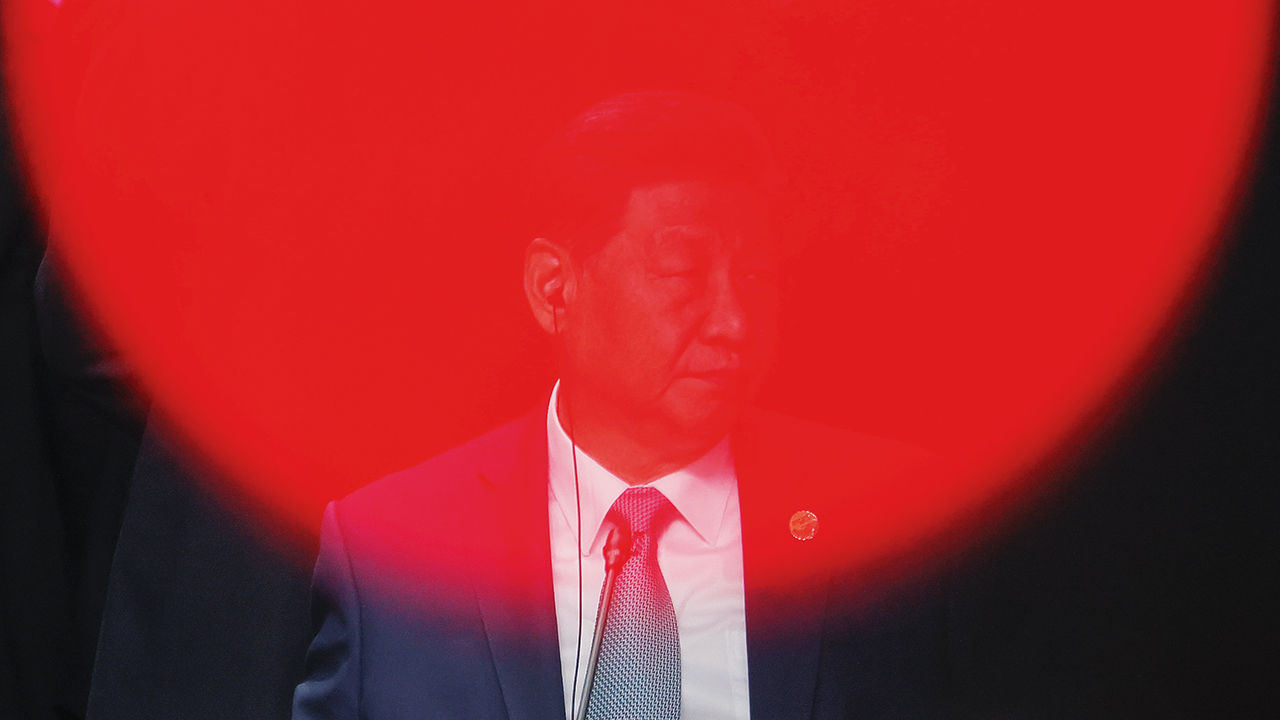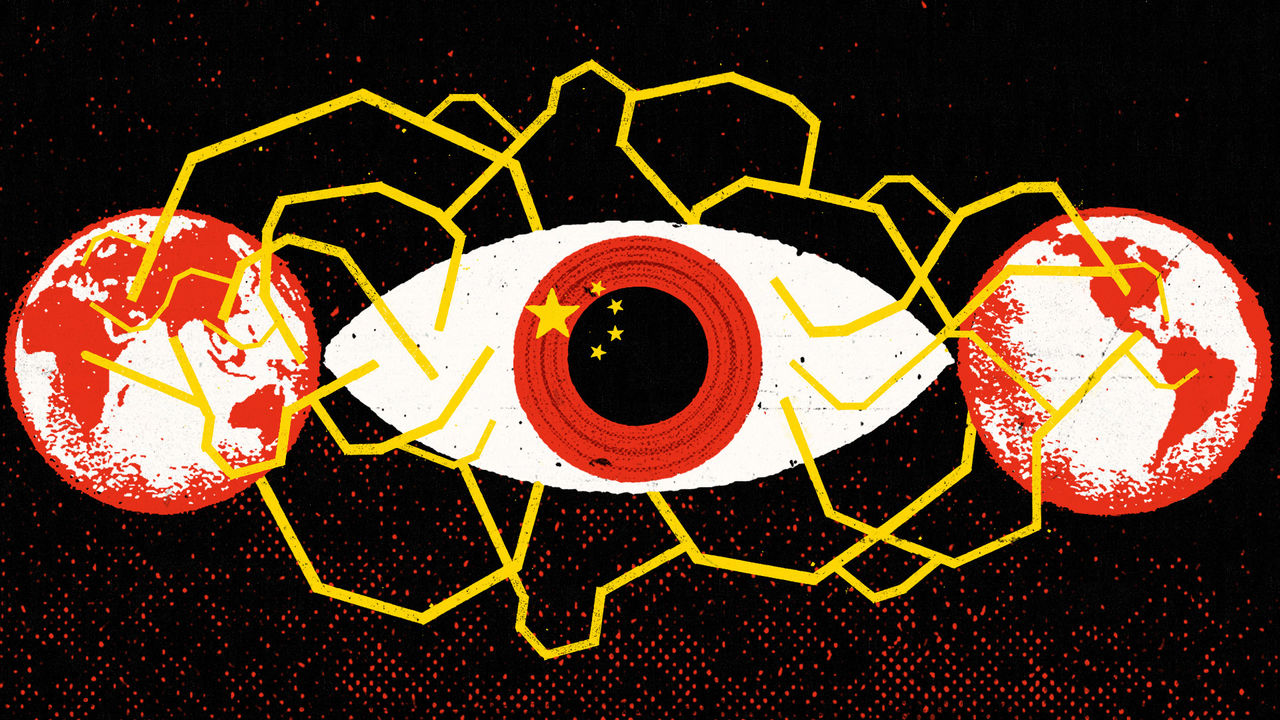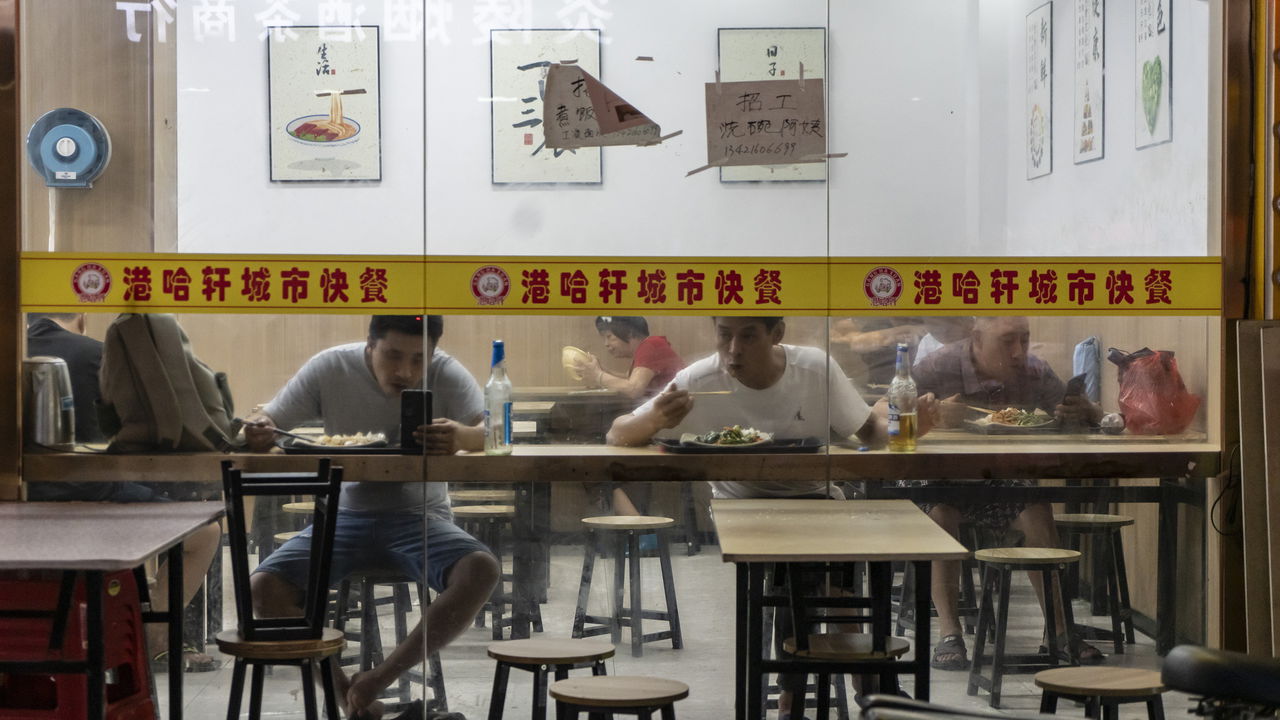LAWYERS TEND not to inspire much sympathy, but spare a thought for the foreigners drafting briefs in China. For decades they have confronted a politicised legal system and navigated a difficult regulatory environment. Now they are facing new pressures. China’s sluggish economy and geopolitical tensions have been bad for business, such that many big-name foreign firms are leaving the country. The Economist
Category: The Economist
An initiative so feared that China has stopped saying its name
LIKE LORD VOLDEMORT from Harry Potter, “Made in China 2025” is an initiative which induces so much fear and loathing abroad that Chinese officials dare not speak its name. The plan, introduced a decade ago, called for pouring money and resources into dozens of industries. The goal was to turn China into a green and innovative “manufacturing power”, one that relied less on labour and Western supply chains, and more on automation and new home-grown technologies. This was Xi Jinping’s vision for the Chinese economy. The Economist
A big earthquake causes destruction in Tibet
A 7.1 magnitude earthquake struck Tibet on January 7th, killing at least 126 people. The quake’s epicentre was in Dingri county, some 50 miles from the base of Mount Everest and near the holy city of Shigatse. The rumbling was felt in Nepal and parts of India. According to an initial survey, over 3,600 buildings were destroyed. Thousands of rescue workers have descended on Tibet to look for survivors. More than 400 people have already been pulled from the rubble, report Chinese state media. Survivors and rescuers face many challenges,…
Militant Uyghurs in Syria threaten the Chinese government
AS REBELS STORMED across Syria late last year, eventually toppling the country’s dictator, Bashar al-Assad, some were accompanied by fighters from a foreign militant organisation—one with ambitions that extend far beyond Damascus. These men had roots in the Chinese region of Xinjiang and were members of the Turkistan Islamic Party (TIP), a group which aims to establish an Islamic state spanning Xinjiang and other parts of Central Asia. The Economist
A pay rise for government workers sparks anger and envy in China
In China’s private sector, many complain that jobs and wages are being cut as the country’s economy flounders. So as news spread online in late December that people on the government payroll were being given a salary increase, some netizens were outraged. “Reminds me of a famous Soviet joke,” wrote one. “Brezhnev on stage says, ‘Our lives will get better and better.’ A worker in the audience asks, ‘What about ours?’” Life can be tough as a state employee, but envy of them is growing. The Economist
Does China have the fiscal firepower to rescue its economy?
MAASTRICHT IS A small Dutch city that casts a big economic shadow. European leaders gathered there in 1992 to sign the treaty that led to the euro. Serenaded by a marching band, they vowed to keep their budget deficits below 3% of GDP and their government debt below 60%. The Economist
China approves the world’s most expensive infrastructure project
IT IS SOMETIMES called the “Everest of rivers” owing to its extreme topography. One section of the Yarlung Tsangpo falls 2,000 metres over a stretch of 50km (31 miles). But what interests Chinese officials is the river’s hydropower potential. On December 25th Xinhua, the state-run news agency, reported that China had approved plans to build the world’s largest hydroelectric dam on the lower reaches of the Yarlung Tsangpo, which flows from Tibet into India and Bangladesh (see map). The Economist
Xi Jinping has much to worry about in 2025
SOON AFTER he took power in 2012, Xi Jinping urged caution about China’s prospects. “The further our cause advances,” he told fellow leaders, “the more new situations and problems will arise, the more risks and challenges we will face and the more unforeseen events we will encounter.” As China’s economy flounders and social tensions increase—and with Donald Trump about to enter the White House—the coming year will be full of the kind of difficulties Mr Xi feared. The Economist
How China turns members of its diaspora into spies
AMONG EXILED Chinese dissidents, Tang Yuanjun was well known. He had taken part in the Tiananmen Square protests of 1989 and landed in prison as a result. He later defected to Taiwan, swimming to one of its outlying islands from a fishing boat. America granted him asylum and he settled in New York, becoming the leader of Chinese pro-democracy groups. But in 2024 he was arrested by the FBI. He admits to having used his position to collect information for China and to report on his fellow activists. He did…
How to get a free meal in China
Listen to this story Your browser does not support the <audio> element. CHINESE PANCAKES, pepper-beef stir-fry, fish with pickled mustard greens: to the average diner in China, these must sound like normal food orders. But to the staff at some restaurants they represent something else. These are code words that customers can use to signal that they would like a free meal. Such charitable schemes are becoming more common, as the Chinese economy sags. And restaurant owners report that an increasing number of people are using the code words. Huang…
